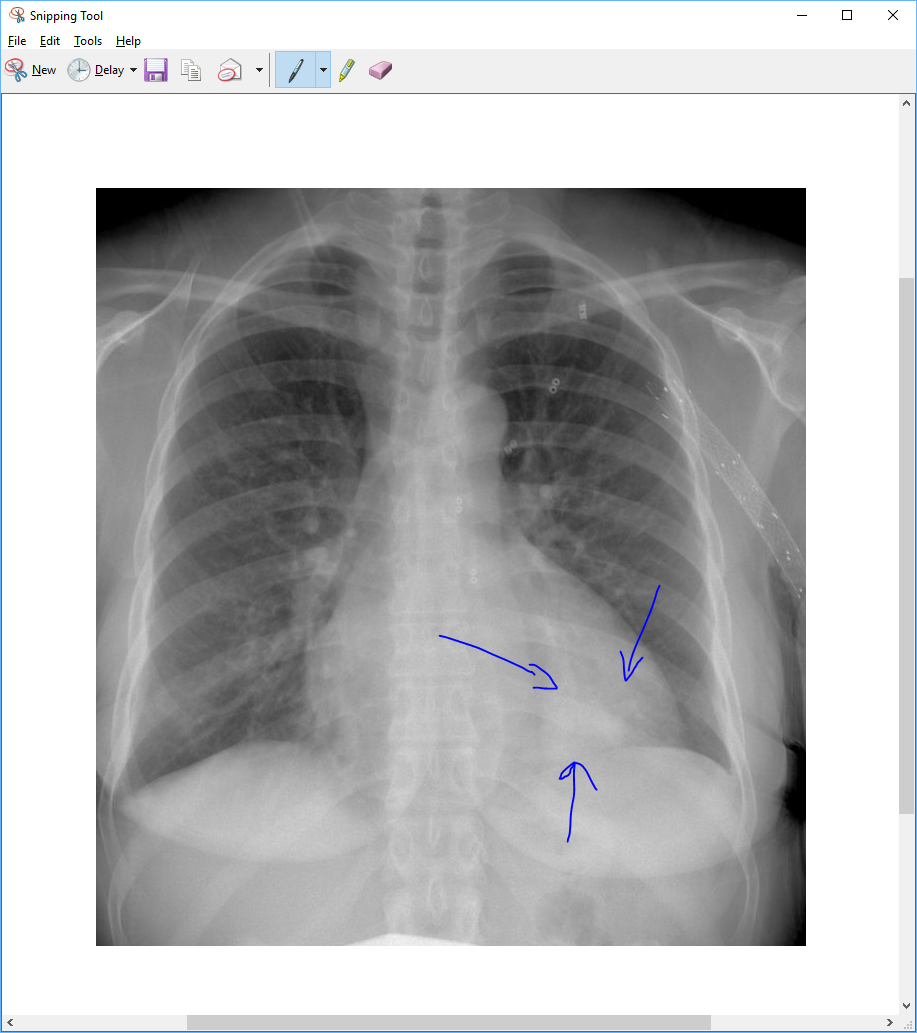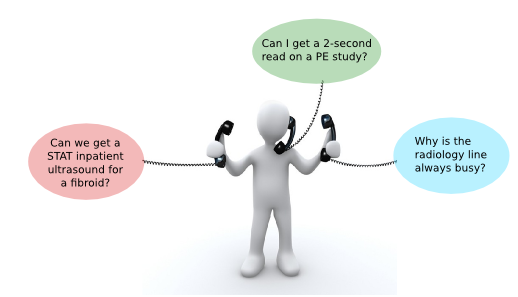If you are a radiology resident, you probably spend more than eight hours a day in front of a computer. Just as a cardiologist might spend hours looking for the best-in-class stethoscope and a neurologist a perfectly balanced reflex hammer, a radiologist might do well to spend some time thinking about spiffing up your workstation.
These are not radiology-specific tools. They are also not mind-blowing innovations. Instead, their existence often go unnoticed. Like air, some tasks that these programs help you with are so ubiquitous you may not even even realize they could be improved.
Snipping Tool
There is always a role for downloading full resolution TIFF images for publication purposes. However, sometimes you just want a simple screenshot for case conference or teaching file.
Fortunately, there’s a one that is on just about every modern Windows machine.





